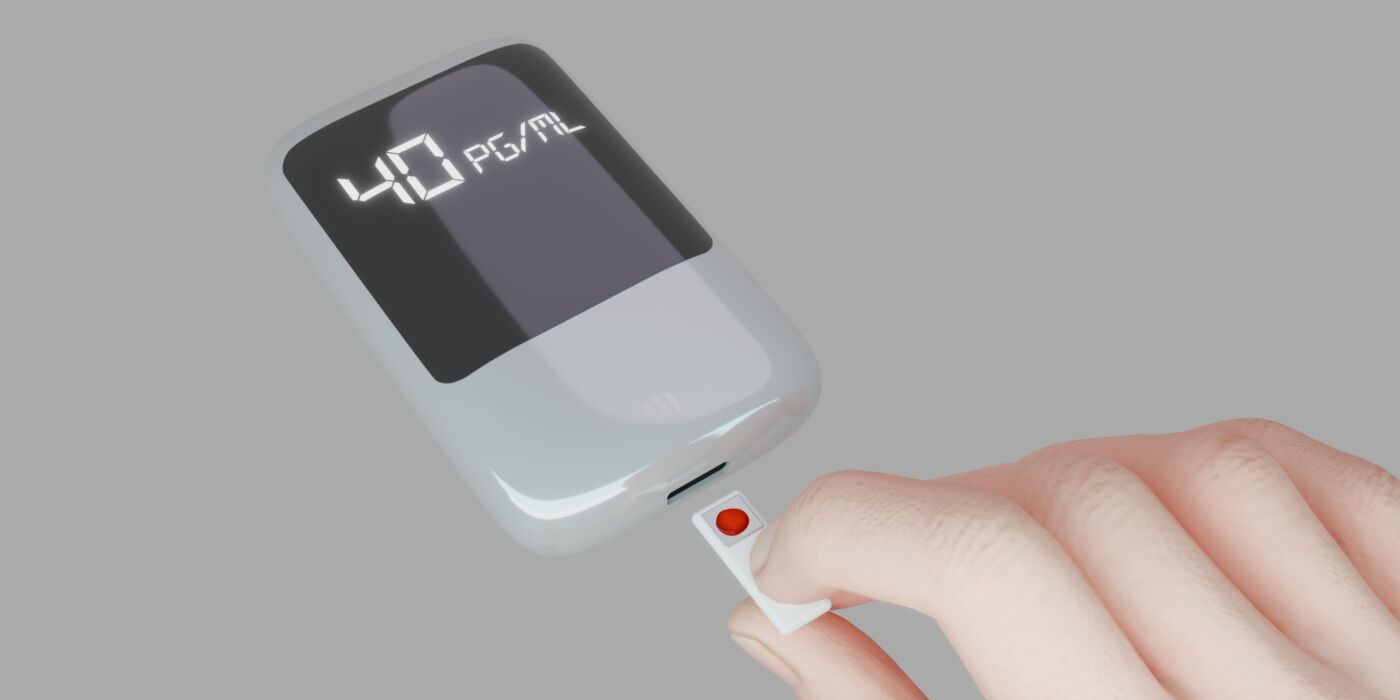
|
|
# 2024 MindSens |
|
MindSens offers an innovative, user-friendly blood-based screening device for early detection of Alzheimer’s Disease Dementia (ADD). Designed for home use, it detects biomarkers of brain neuronal damage, providing results in just 15 minutes. This device eliminates the need for costly and invasive methods like MRI or cerebrospinal fluid analysis, enabling regular monitoring by non-specialists. MindSens aims to improve early diagnosis and intervention, reducing the long-term economic and healthcare burden of ADD while enhancing patient outcomes
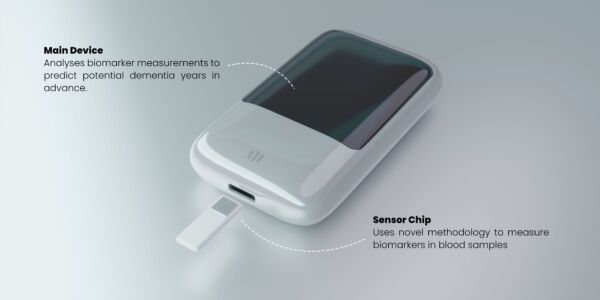
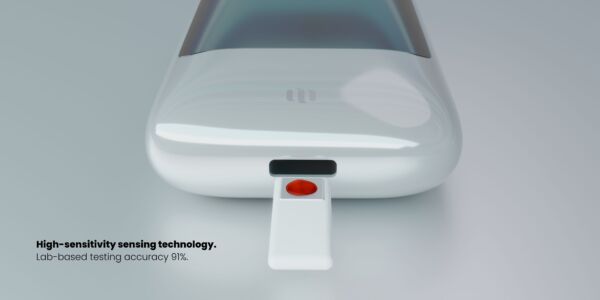
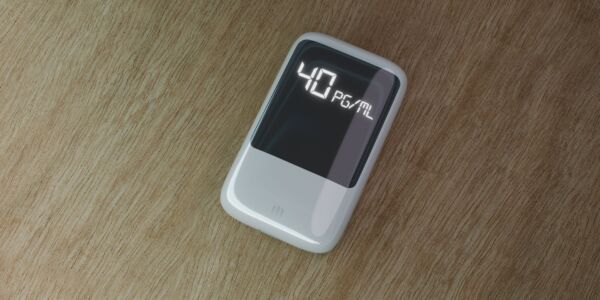
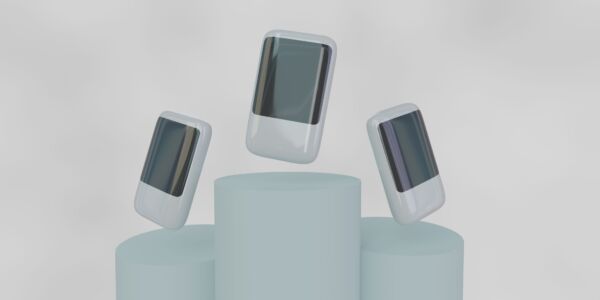
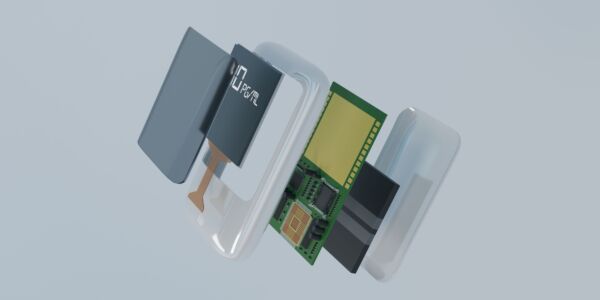
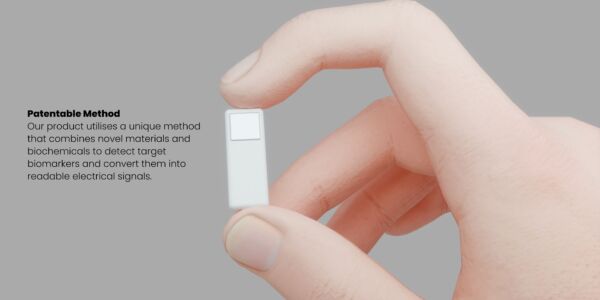

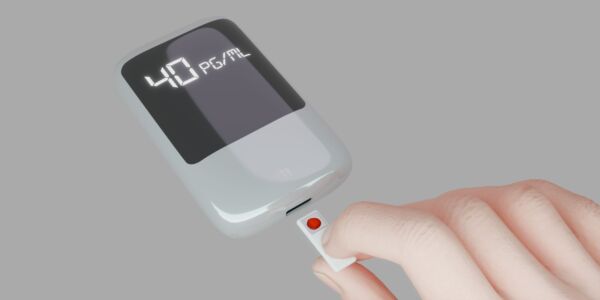

Nanyang Technological University
Targeted antimicrobial treatment for resistant infections

Early detection and non-invasive correction of breech pregnancies